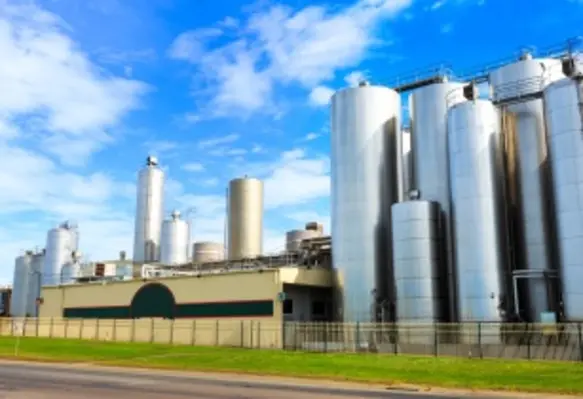Consulting firm A.T. Kearney expects merger activity among chemical companies in the Middle East and Africa to pickup in 2018 as national oil companies in the Gulf beef up and diversify their downstream portfolio
The firm said that such deals will support the downstream strategy for state-owned companies in the Gulf, which have so far relied on joint venture partnerships with international companies.
For instance, Saudi Basic Industries Corp (SABIC), in January, bought a 25 per cent stake in speciality chemicals maker Clariant.
“International chemicals M&A activity puts pressure on Middle East chemicals players and NOCs to step up M&A activities to secure the right international assets to support downstream strategies and secure future competitiveness. This next development step will enable regional players to move beyond the joint venture based business models. To be successful on the M&A front, regional players have to develop the right “M&A muscle” along the entire M&A process. This includes an overall M&A strategy, deal strategies, due diligence, transaction management and especially value creation through pre- and post-merger integration,” Thomas Rings, partner, A.T. Kearney, said.
The move into the downstream sector gives state-owned energy companies an additional revenue stream, reducing their dependence on oil revenues.
A dip in oil prices in 2014 hurt the economies of many countries in the Gulf, which are highly dependent on commodity prices.
The report says that the chemicals sector has reached a "turning point" and that deals will be smaller compared with mega-mergers seen in recent years.
“The simple endgame is over, and the next wave of chemicals M&A will be more complex. This will require companies and their executives to also consider smaller strategic targets to drive growth, versus large transformational deals to capture cost synergies,” Otto Schulz, lead partner of A.T. Kearney’s global chemicals practice, said.







